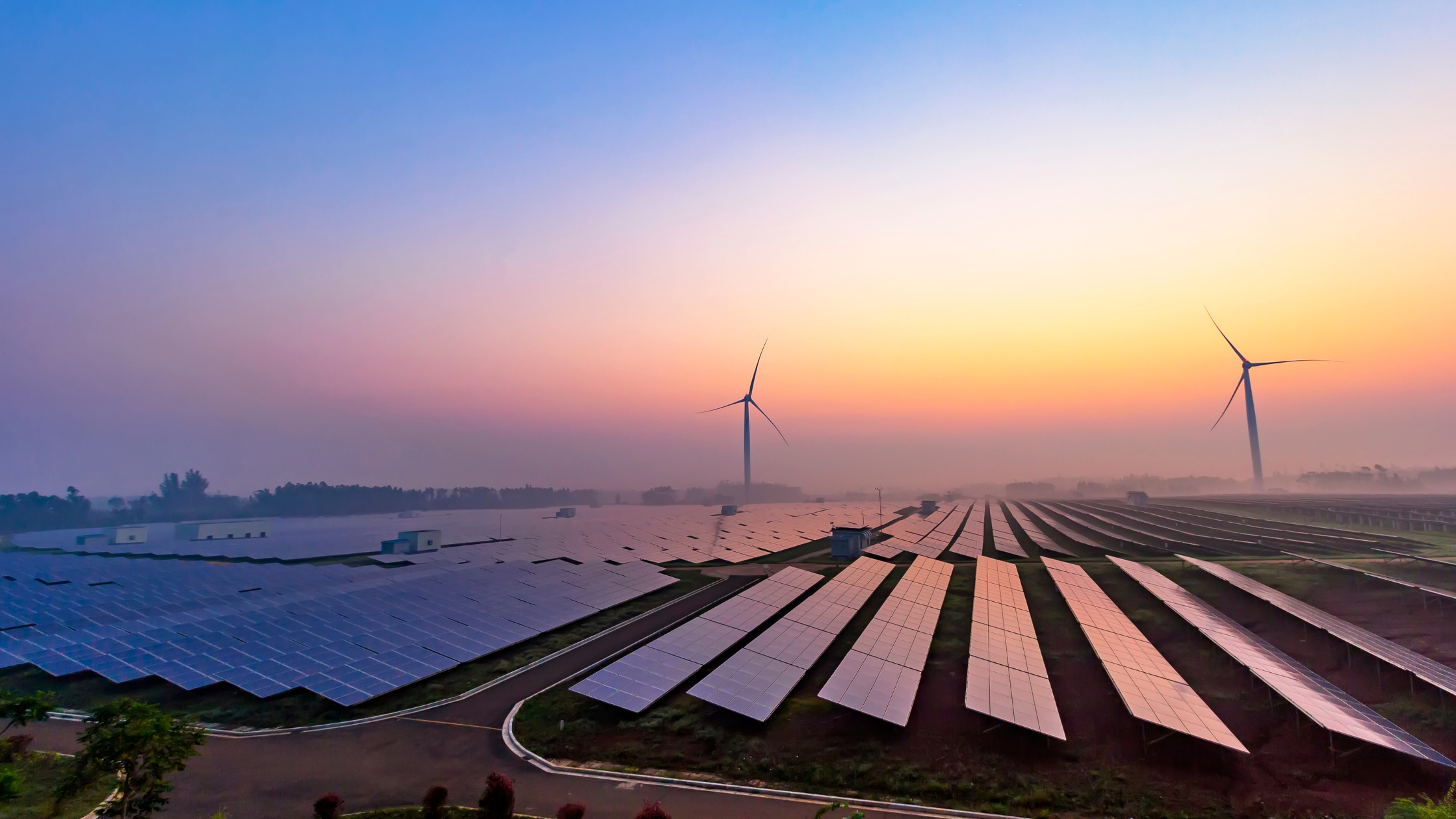Planet and People: Exploring the Link between Climate and Gender Dynamics
On Tuesday, 5 March, SRI Executive hosted a webinar for International Women’s Day exploring the nexus between the climate crisis and the ongoing pursuit of gender equality. Hosted by Consulting Manager, Grace Kohn, and moderated by Senior Consultant, Apoorva Tyagi, the SRI team was joined by three incredible panelists who work across this critical intersection:
Tariye Gbadegesin is the recently appointed CEO of the Climate Investment Funds, one of the largest active climate finance mechanisms in the world. She is a seasoned climate finance executive with over 20 years of experience investing in emerging markets and developing economies, including significant experience in mobilising private capital to climate action and supporting policy design for energy transition finance and implementation.
Hélène Papper is the Director of Global Engagement, Communications and Advocacy Division at the United Nations International Fund for Agricultural Development. She brings 20 years of leadership experience across the humanitarian-development-peace nexus and has directly influenced and addressed critical issues at the nexus of climate change, access to basic services, and gender inequity.
Carolina Trivelli Ávila is a Principal Investigator at the Institute of Peruvian Studies (IEP) and a consultant for various international organization. She previously served as the Minister of Development and Social Inclusion of Peru and is an Peruvian economist, specializing in poverty, social policies and rural development.
Climate change stands as one of the most pressing challenges of our time, with far-reaching impacts spanning ecosystems, economies, and societies worldwide. Yet, within this intricate web of climate-related challenges, lies a crucial dimension often overlooked: gender. The effects of climate change are not gender-neutral; rather, they intersect with existing social, economic, and cultural factors, amplifying inequalities and vulnerabilities, particularly for women and marginalized communities.
During the conversation, the panelists discussed the importance of investing attention and resources towards the interlinkages between gender and climate. Despite a growing recognition that we cannot address sustainable development without addressing the gender gap, there is also growing fatigue as gender initiatives become tick-box exercises instead of being truly transformative. To effectively combat this fatigue, the panelists spoke to the need for engaging women directly in solutions. They gave examples of how truly listening and creating opportunities for women to lead and take control of financial resources, land, and power has led to better contextualized approaches. Ávila said it well when she described the need for solutions to “address women in their initial conditions for them to become agents of change”.
One of these critical change agent roles will be in climate change adaptation. In her opening remarks, Gbadegesin described how, while often the hardest to finance, building resilience and adaptation is the pillar of climate action most impactful to women. Papper further described the responsibility women bear in adaptation by giving examples in the agricultural sector where women make up more than half the world’s population but still face barriers to acquiring land and accessing appropriate financing. When defining the appropriate financing mechanisms for women, for climate adaptation of otherwise, Gbadegesin highlighted how it is not a matter of creating more requirements but rather, evolving frameworks that better serve women. By making these shifts, we can better recognize and adapt to the behaviors and products that are best suited for impact both at the community and macro-levels.
As an Executive Search and Consulting firm in the global development sector, SRI Executive works with mission and impact-driven organizations to place leaders and support them and their teams as they develop new strategies and strengthen their organizations. We are constantly learning from our colleagues and our networks through inspiring conversations like this one and were excited about the calls to action our panelists left us with:
- Listen more, discuss more, and keep bringing up gender, climate, and how they are interconnected
- Hire and finance more women
- Look for field and lived experience when hiring to bring greater balance to between political and practical experience
- Recognize successes and share solutions
To discuss more or share solutions – please reach out!
Watch the whole webinar to hear more.


